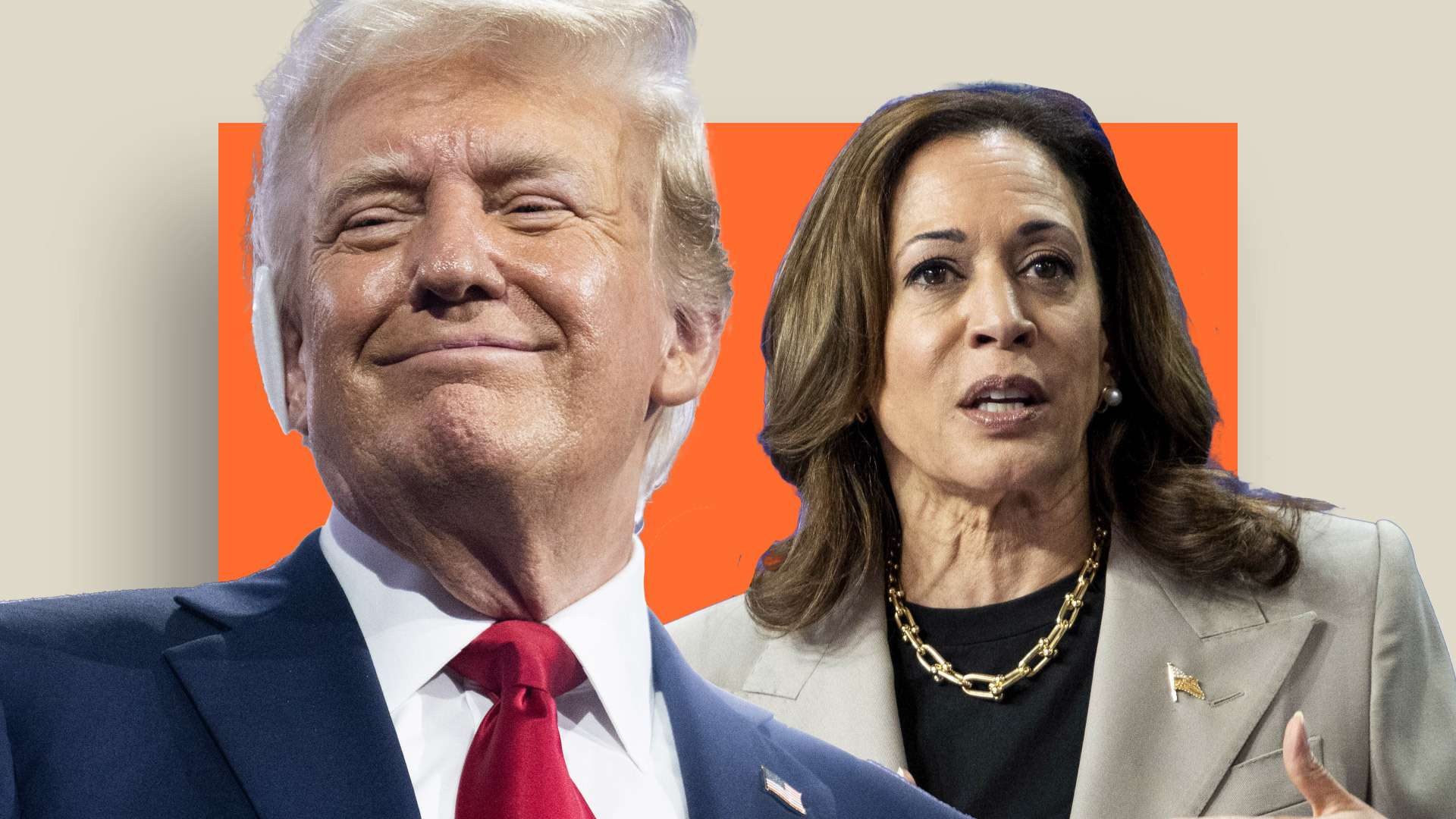Editorial
The United States presidential election, held every four years on the first Tuesday of November, is approaching once again. On November 5, voters will partake in an event that transcends American borders, influencing nations globally due to the strategic role the US plays, particularly in economic matters. This is especially pertinent for countries like Pakistan, which have historically relied on American military and financial aid, often facilitated through international lending institutions that are heavily influenced by the US economy.
Despite Pakistan cultivating stronger ties with China and Russia, the United States remains a crucial player in Pakistan’s political and economic landscape. As the largest trading partner for Pakistan, the US maintains a trade relationship valued at approximately $10 billion, with Pakistan benefitting from a trade surplus. Moreover, while Pakistan seeks to diversify its military alliances, it continues to depend on the US for critical military assistance, particularly with regards to spare parts and equipment.
There exists a prevailing sentiment among Pakistanis that significant state decisions require American endorsement, whether it’s the selection of the prime minister or the army chief. This perception, however unsubstantiated, shapes political dynamics in Pakistan, highlighting the influence of the US in its governance, regardless of the actual level of intervention.
In the current charged political climate, supporters of former Prime Minister Imran Khan dominate provinces like Punjab and Khyber Pakhtunkhwa. These supporters have embraced a narrative alleging that Khan’s ousting was sanctioned by the US, driven by claims that an American official played a decisive role in his removal. Despite the lack of empirical evidence supporting this theory, Khan’s party has actively reached out to US Congress members, seeking their intervention for his release, linking it to the future of US military aid to Pakistan. This maneuver has only intensified the opposition’s resolve against Khan, revealing the complex interplay of domestic and foreign politics.
As the US presidential election nears, entities like the Pakistan Tehreek-e-Insaf (PTI) and the Pak-American Public Affairs Committee (PAKPAC) have voiced support for Donald Trump. They seem to overlook his divisive rhetoric regarding immigration and Islam, driven instead by the belief that Trump’s previous rapport with Khan might work in favor of Khan’s political resurrection if he were to reclaim the presidency. However, the feasibility of this scenario remains uncertain, as past presidential decisions rarely prioritize foreign political prisoners based solely on personal relationships.
The political landscapes of both Pakistan and the US show striking parallels, particularly in the unwavering loyalty of their respective voter bases. One of Trump’s top challengers has garnered a following that ignores allegations surrounding his legal and ethical controversies. His supporters, unfazed by his wealth or policies that contradict their stated values, cling to the singular objective of securing his leadership. Such dynamics underscore the potency of misinformation and propaganda, as devoted followers navigate a political landscape shaped more by allegiance to a figure than adherence to democratic principles or accountability.
In conclusion, the upcoming US election holds significant implications for Pakistan, intertwining the fates of nations in a period marked by political polarization and strategic maneuvering. The outcome may resonate far beyond American shores, affecting vital relationships and the political landscape in countries reliant on US influence.
















